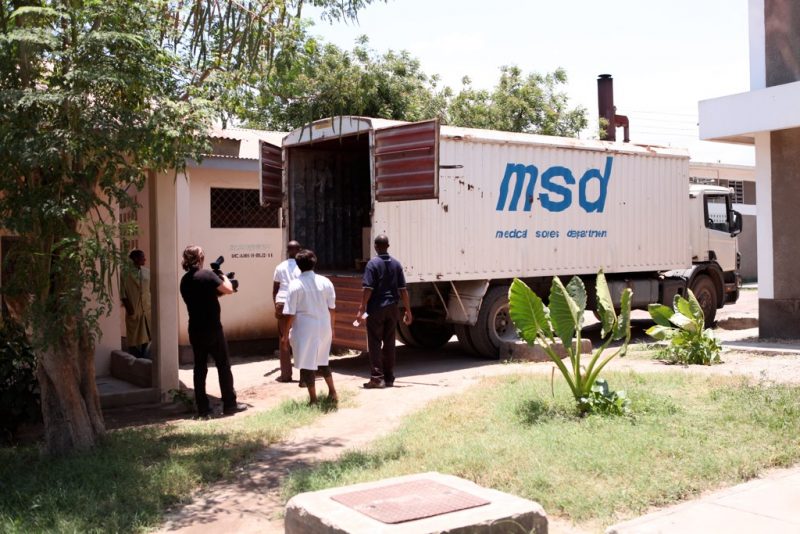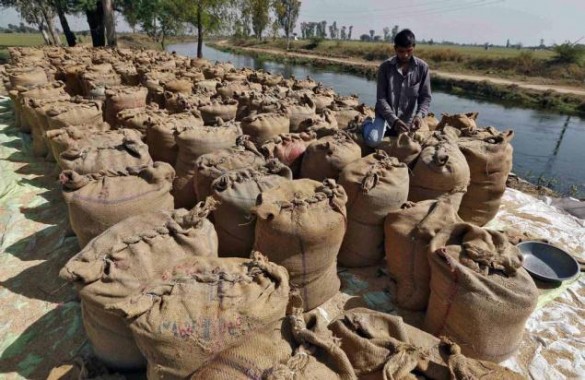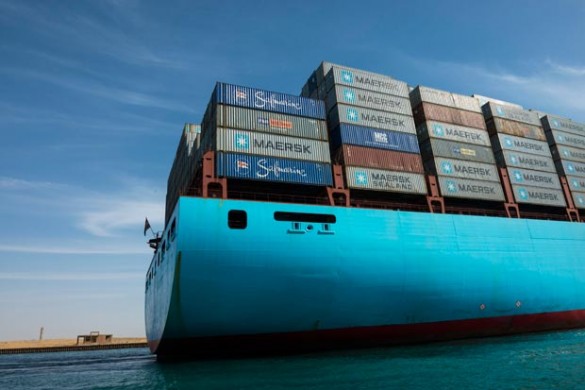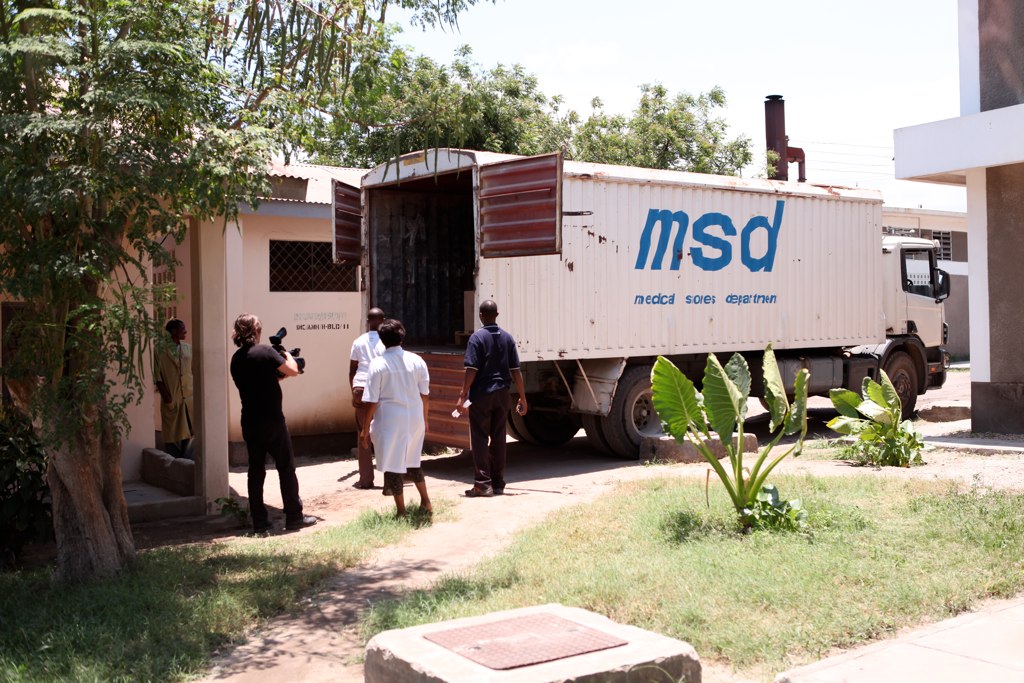Anyone who wants to import goods to Indonesia is going to need a special license. It usually takes upward of five months to get this license, and you’ll need one regardless of the size of your shipments.
The waiting time and the legal hoops expats need to jump through to import goods into Indonesia can be daunting. However, there is a way to import goods into the archipelago without the need for a license or even needing to have a corporate entity.
According to Indonesia’s trade ministry (No.45/M-DAG/PER/9/2009), people who are looking to import goods must have a General Import License (API-U). Alternatively, depending on what you’re dealing with, you can have a Producer Import License (API-P).
The difference is pretty clear. An API-U is for a company that wants to import goods for trade and commerce. An API-P is geared more toward importing stuff for personal use. This could include but may not be limited to raw materials or things that help you produce other goods. Strangely enough, companies in Indonesia are not allowed to have both types of licenses.
The rules have been updated
At the start of 2016, there were some changes to the rules. Today, a business with an API-U can bring in goods under several sections of the ‘Harmonized System’ code (an internationally standardized system of names and numbers to classify traded products) and a certain pre-existing business affiliation with the supplier is no longer necessary. Previously this was not the case.
Additionally, businesses with API-P licenses can no longer bring in industrial or finished goods to be given to other parties, that is unless they’ve been brought to Indonesia under an import duty exemption, and have been used for at least two years after arriving. Previously, this was not the case.
In other words, those holding the General Import License are happy because importing goods for trade is now easier. However, companies holding a Producer Import License are now regulated more tightly.
Both import licenses are good all across the archipelago and both stay valid provided that the company re-registers every five years. Foreign investment firms must register with Indonesia’s Investment Coordinating Board. There’s also the recently implemented “regulation 70”, which puts forth a list of circumstances where an import license is not actually necessary at all. This includes bringing in temporarily imported goods, promo products, as well as stuff for research and scientific studies.
See: How Foreigners Can Set Up a Joint Venture in Indonesia
You’re going to need help
As a foreigner, getting either kind of import license is tough, and the whole process will likely take more than 20 weeks – a substantial investment of time, energy and money. It also really depends on the type of goods that you want to ship into the country, and surely the government will put forth extra hoops to jump through if you’re an expat.
This is so much that case, that many aspiring importers get turned off from the idea all together, thinking: Perhaps the juice is not worth the squeeze on this one.
However, in Indonesia, there is something called an “undername importer”. This is essentially a company that already has the right import licenses for the stuff you want to bring into the country. There are many market entry services firms to choose from that can help you execute your import. By going through one of these firms, you may not need to deal with any kind of permit acquisition process, though you’ll pay a premium.
See: 15 Companies That Help Expats Do Business In Indonesia
Consider all the caveats
Firms like this are set up to help you with transport, supply chain management, freight forwarding services, and of course, customs clearance. However, each company is different from the next, and not all of them offer the same value, so it’ll be worth it in the long run to do your homework and shop around for a few weeks.
As an expat, it’s also important to understand Indonesia’s Negative Investments List before attempting to import anything into the archipelago for trade or business. This list outlines all the sectors where foreign investment is regulated and foreign ownership is limited or prohibited.
Once again, depending on the type of goods you wish to import, specific licenses may be required by the government. For example, for bringing in food products, a certain product number from the Indonesian Food Authority is often first required. Other common requirements for food include but aren’t limited to a Health Certificate or Free Sale Certificate, Analysis Certificate from a laboratory or a Halal Certificate.
In the end, the licensing process for importing to Indonesia is complex and legal expertise is needed to mitigate delays and costs. If you’re an expat that’s serious about getting into the import game, you’ll most likely need to get hooked up with a good legal consultant and the proper market entry firm.
What other caveats should aspiring importers consider before attempting to get set up in Indonesia? Please tell us in the comments below.
Image credits: Rice Outlook, Wikimedia, Global Expania







